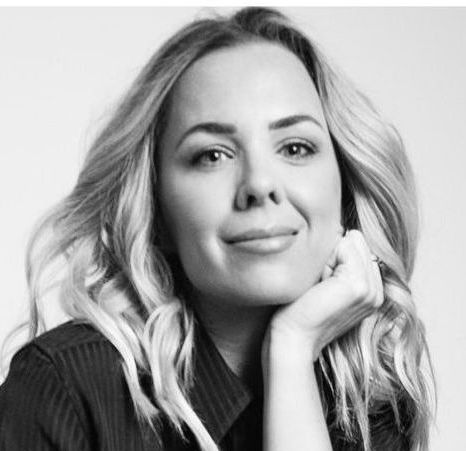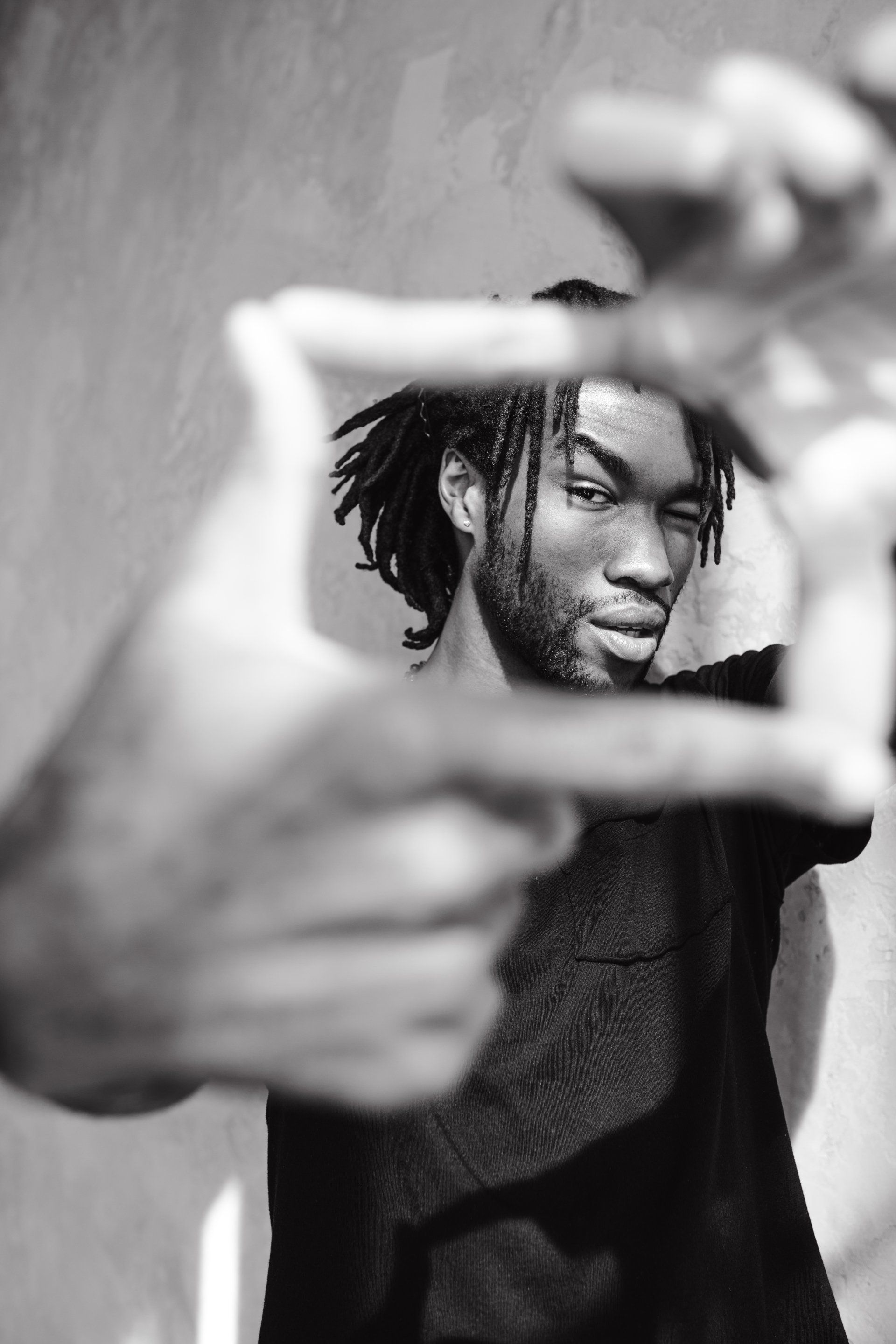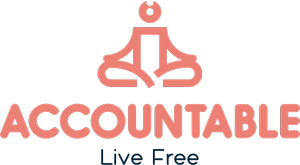Dave's Story - From Hopeless Addiction to Recovery Advocate
Dave's Story - From Hopeless Addiction to Recovery Advocate
My name is David Aumiller. I grew up in a suburb of St. Louis MO with 2 loving parents and a dog. I went to church on Sundays and won the D.A.R.E essay competition when I was in fourth grade, and played soccer with my friends and while I won’t say that I drank and used drugs addictively from the first time I tried them at 13, I will say that I never missed a chance.
What started as mischief with my friends quickly escalated into decaying morals and loss of opportunities and important relationships. To the horror of my parents I began experiencing repercussions such as detentions and suspensions at school. I got kicked off of soccer teams that I used to captain. I got kicked off Student Council and I even got arrested by the time I was 16. I started trying to employ methods of substitution and moderation by the time I was a senior in high school all to no avail. Daily drinking, marijuana, and LSD were regular pieces of my social life.
I was diagnosed with Cancer when I was 18 the night before district finals and never played soccer seriously again, but began using prescription pills as a result of the diagnosis and a lack of good coping skills. My mother passed away unexpectedly later that year. My cousin who was raised with me committed suicide, both sets of grandparents passed away, as did a close childhood friend all in the next few years. Now a bartender i had begun the cycle of jails and institutions due to DWI’s and minor drug charges. I wore all manner of ankle bracelets and exhausted friends and family with all manor of drama. Becoming more and more lost my lack of accountability was creating a downward spiral I could not sustain much longer. My father was also diagnosed with ALS around this time and due to the sadness and pressure of being his caretaker I turned to heroin in order to tolerate the pain of his sickness and eventual death.
Within 12 months of his diagnosis he was gone but my guilt, shame, and addiction remained.
I cut the cord to friends and family and ended up in prison. Upon release it became quickly apparent that more of the same was in my future if I didn’t get help. I went to inpatient rehab for my first and only time. There I utilized medically assisted detox and eventually Vivitrol. I met a peer and utilized his advice. I moved into transitional living. I attended community support groups and exercised. I participated in my environment and gained responsibility. I grew and recovered.
Everything was going so well until I decided to move away from my support network and away from my accountability. What happened next might not surprise you - I relapsed and I was alone and away from home.
I felt like I was using against my will and losing my mind.
It was a dark time. It took me 5 years and a lot more pain before I could assemble any meaningful sobriety again.
Miraculously somehow I was granted another reprieve. I repeated the steps that had worked before. Community support groups, healthy interactions, accountability, sober living, exercise, and health. I vigilantly built back a life I could be proud of in recovery.
I got the opportunity to finish my own therapy and work in recovery and have never looked back. I moved back home, obtained a peer certification, began volunteering and working in the community, until I managed a 30 bed sober living intake facility in St. Louis. I read, pray, and exercise on a daily basis. I have assembled years of peer experience amidst a myriad of different clinical settings and teams. All of this has led me to my role at
You Are Accountable
where I am so excited to further my impact as a peer with an organization focused on being of maximum service and with an eye on innovation.




hello@youareaccountable.com
(646) 450-7641